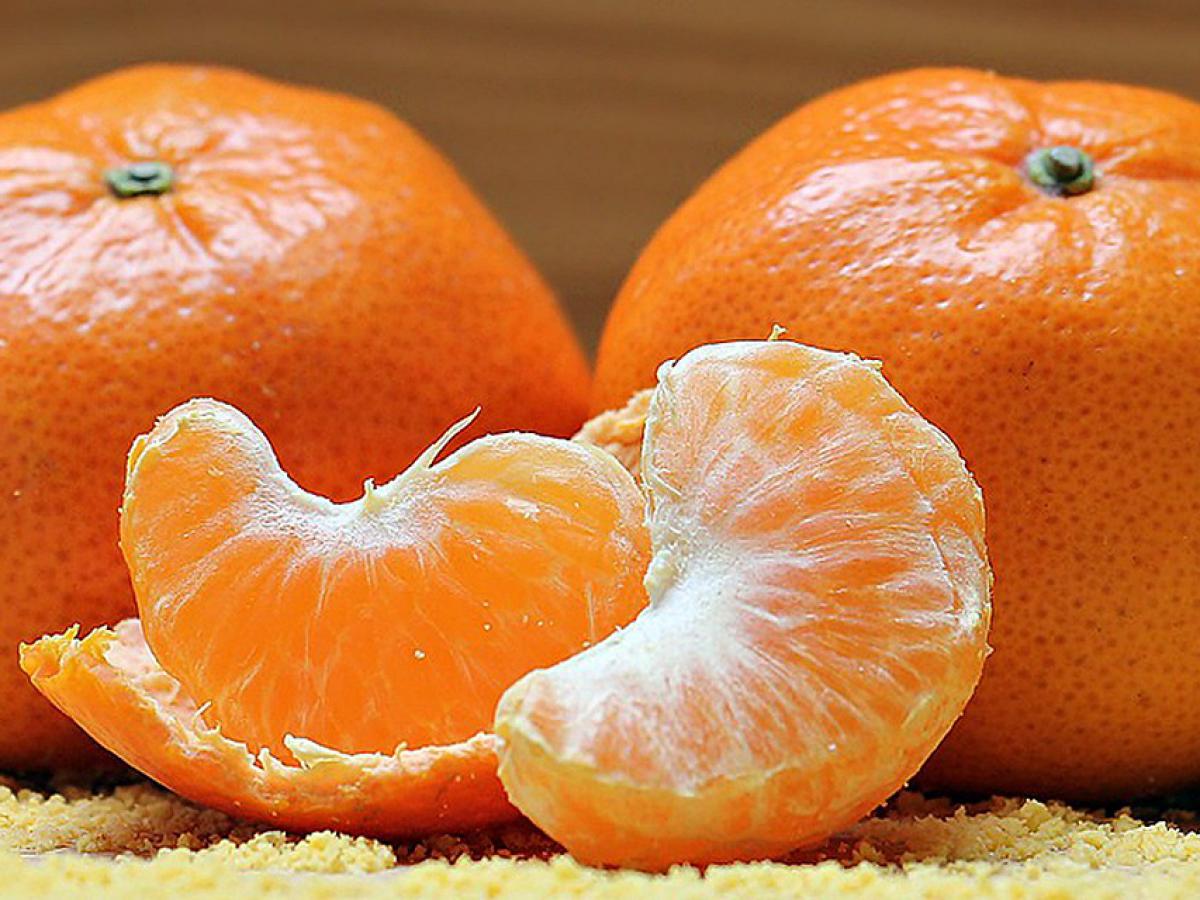
Turkey's tough choice: Bayraktars to Ukraine or fruits to Russia?

The use of Turkey's Bayraktar combat drone in the Donbass on the LPNR was perceived in the Russian Federation as a consequence of Turkey's misbehavior. The punishment was immediate.
Turkey has crossed the "red line"
Kremin's official spokesman Dmitry Peskov, commenting on the incident, said on Wednesday, October 27, that despite the fact that the Russian Federation has a special good relationship with Turkey, the supplies of such weapons to the Ukrainian military may potentially destabilize the situation on the line of contact.
Earlier, after Vladimir Putin's meeting with Recep Erdogan on September 29, Peskov said that the supplies of such arms systems to Ukraine would imply that the Ukrainian armed forces could potentially use them against their own people.
"This position is well known, and they know it in Turkey too," Peskov said, alluding to a red line that Turkey could cross.
Foreign Minister Sergei Lavrov conveyed the same idea on Wednesday, October 27.
"History should give food for thought to everyone who wants to indulge Ukraine's capricious desires of becoming a NATO member tomorrow, including to those, who arm the Nazi-controlled regime in Kiev," Lavrov said, referring to Turkey.
Turkey won't get off just with tangerines alone
On Thursday, October 28, Russia's consumer rights watchdog Rospotrebnadzor suspended the import of tangerines from Turkish manufacturer Fikret Degirmenci into Russia starting from October 29, after pesticides were found in the Turkish fruit. The ban will remain in force until special instructions from relevant departments, which is also indicative.
"Residual amounts of chlorpyrifos pesticide, the concentration of which exceeds the maximum allowable level, were found in tangerines," Rospotrebnadzor said.
This brings up Putin's remark that he uttered after the murder of Russian pilot Oleg Peshkov. "They won't get off just with tomatoes alone," Putin then said alluding to Russia's retaliation to Turkey after the latter shot down the Russian Su-24 over Syria. This obviously suggests that Russia's agricultural restrictions against Turkey come as a hybrid weapon of the Kremlin. This weapon is not as harmless as it may seem at first sight.
The base model of the Bayraktar T2 combat UAV costs 69 million US dollars. This is the price for a package of six drones, two control stations and auxiliary equipment. Ukraine has bought a total of six such complexes.
According to Rosselkhoznadzor, Russia annually imports more than 360,000 tons of tangerines from Turkey. The average cost of one ton of tangerines from a Turkish supplier amounts to $430, agroru.com says. This amounts to a total of $155 million per year. Thus, Russia's embargo on the imports of tangerines will eat up Turkey's benefits from the sale of Bayraktar drones in three years.
Turkey needs to choose between tangerines and Bayraktars. Does Turkey want to wait for another order for Bayraktar drones from Ukraine, which may not materialize, or does it want to sell tangerines to Russia for an infinitely long period of time?
What will be Turkey's losses?
As reported by Anadolu news agency, exports of citrus fruits from Turkey to Russia in the first quarter of 2021 increased by nine percent compared to the same period last year and reached 117 million 598 thousand dollars.
Exports of tangerines were growing particularly rapidly — by 49%. Tangerine exports came first with 62 million 544 thousand dollars of export. The list continues with:
- exports of lemons — 29 million 319 thousand dollars,
- oranges — 13 million 707 thousand dollars
- grapefruit — 11 million 994 thousand dollars.
Having stressed out that exports continue to grow during the COVID-19 pandemic, the chief of the National Citrus Council, Kemal Kacmaz, told Anadolu:
"Russia ranks first among our traditional markets. We can very easily enter the Russian market in terms of logistics. In addition, we have been exporting citrus fruits to this country for many years," the official said.
According to Mediterranean Exporter Association, for 7 months of 2021, vegetables and fruits exports to Russia totaled 526 million 818 thousand dollars, which corresponded to 32% of Turkey's total exports during the period. Compared to the same period the year before, the supplies of vegetables and fruits increased by 14%.
Over the past 12 months, Turkey has exported fresh fruits and vegetables to 150 countries of the world. Russia was ranked first with $ 1 billion 12 million. In just 12 months, Turkey exported vegetables and fruits worth more than $3 billion.